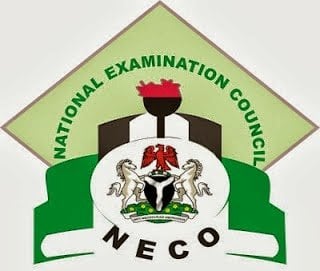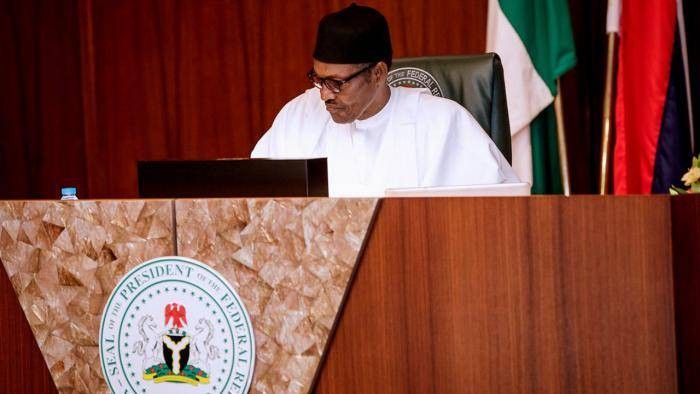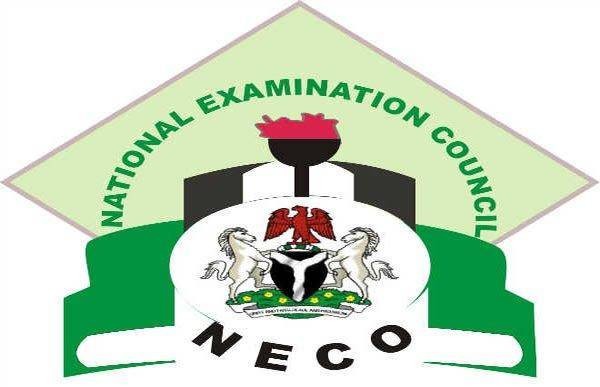
I was among the first set of students who sat for the Senior School Certificate Examinations (SSCE) conducted by the National Examinations Council (NECO) in 2000. At that time I considered it a serious inconvenience, I had written private GCE of November/ December conducted by the West African Examinations Council and then its May/June examinations. Then out of the blues we were told we would write NECO.
But when the results came out I could not complain: 4As, 3Bs and 1C. However it seemed like everyone had very good results. This trend continued for many years, eroding the confidence of educational institutions in the examination. In trying to warm its way into the hearts of Nigerians, the council lost its credibility from the onset.
It appeared to be creating the same problems of its forerunner WAEC which it was established to counter. Though NECO started administering exams in 2000, clamors for its creations was as far back as 1977 when there was widespread leakage of West African School Certificate examination questions. A commission of enquiry set up to investigate the matter advised that other examination bodies be established in Nigeria to reduce WAEC's workload which was hindering it from conducting hitch free examinations. Finally in 1991 government agreed to the creation of the National Board for Educational Measurement (NBEM) and the National Business and Technical Examinations Board (NABTEB). But creating these bodies did not translate to confidence inspiring examinations for Nigerians, examination problems continued. So, many panels came after, it was the NBEM that would later metamorphose into NECO under the brief Abubakar Abdulsalami administration.
The objective of the council was to break the monopoly of WAEC in the conduct of external examinations for secondary school leavers, conduct reliable examinations to meet and surpass WAEC's standards and gain national and international credibility.
The next question would be, has NECO met this vision? Before answering that, it is important to go back to what has brought about this debate. It was reported in the media on Tuesday that the white paper of the Stephen Oronsaye's report has recommended the scrap of NECO and the Unified Tertiary Matriculation Examinations. The report said NECO would be scrapped and its staff and facilities merged with WAEC to make the WASSCE more effective and qualitative.
In other words, NECO might revert to being the National Board for Educational Measurement (maybe not exactly that nomenclature) which it was in 1991, helping to reduce WAEC's workload which did not exactly succeed, because we wouldn't be talking about the existence of NECO now. If working with WAEC then did not improve the quality of its examinations, what difference would it make now that there is a larger population of students to contend with and tactics of those involved in examination malpractice seems to be way more advanced than the examination bodies trying to combat it? Why would Nigeria choose to strengthen a West African body over its own national establishment especially when the trend internationally is for countries to have national examination bodies, state examination bodies and subject based examination bodies?
Nigeria is not the only country that has a national examination body. There are Australia, Cameroun, Egypt, Kenya, Korea, Malawi, Mauritius, New Zealand, Tanzania, Uganda, Zambia and Zimbabwe.
Back to the question about whether NECO has achieved the objectives for which it was set up. First, has it broken WAEC's monopoly? Yes. The preference of students and other educational institutions might still be WAEC after being in existence for ages and NECO losing its initial credibility, but truth remains that when students do not make all their WAEC papers they have NECO to fall back on. Both certificates being admissible into tertiary institutions helped many students who would have waited to write private GCE before gaining admission.
Has NECO been able to conduct reliable examinations? In writing this piece it was shocking to discover that as far back as 1977, there was examination malpractice such as to warrant an enquiry. There was widespread leakage of WASSCE papers! But in the late 90s, malpractices became very intense-- miracle centres began to spread, use of 'chokes', 'dubs', 'expo' became a norm. It was in the midst of this that NECO was born. Up until 2007 it did not appear that the council has made any difference not with its cheap examinations and compromising examiners. But since 2008, the success rate at NECO nosedived seriously to the point where performance in WAEC was better. Now, the reasons students hate NECO are different-- they suck at it!
It is no news that in the last four years especially, SSCE results of NECO since 2009 have been far worse than WAEC except for 2012. Only 10.6 per cent of candidates who sat for the exams in 2009 obtained five credits and above including Mathematics and English, 9.36 per cent in 2010, 8.06 per cent in 2011 and 31.58 per cent in 2012.
Here is a response of the Registrar of NECO Professor Promise Okapla to why its SSCE examinations took a turn from high success rate in 2000 to mass failure lately.
"We have seen that malpractice is rampant. As NECO is battling to fight malpractices, we would be getting closer to the proper description of our students. We also use Nigerian lecturers to monitor our exams and they visit these schools at least three times during the exams. Most of these schools, the teachers feel you are also examining them so they are attached and are ready to cooperate with the students. We do daily distribution of papers, they don't sleep in police stations and banks, that is why we start our exams by 10. We have also moved in biometrics into the hall so it may boil down to our procedure is tighter. If you talk to students they don't feel free with us because to them our problem is much."
Has NECO gained national and international credibility? Not yet. But is it enough to ask it to be scrapped? This is where reactions differ.
A school principal of many years Alhaji Yahaya Kobo said, "I feel if NECO would sit up and do a kind of thorough work let it be because by the time the result of WAEC is not good the only thing students fall back on is still NECO. NECO needs to let the public and students see value in their examinations and respect the examinations. Initially, students saw NECO as exam that malpractices. The council should be strengthened not scrapped."
Adeleye Olalekan, Programme Officer, Youths Empowerment Education Initiative called for the scrapping of NECO except on the condition that "NECO could be a regulatory body for final examinations secondary schools organise such that from secondary school you gain admission without writing UTME. Let NECO ensure that schools conduct good O' level certification examinations. Let us empower NECO to coordinate that aspect so we don't have students doing UTME again. Once you pass, you can proceed to the university."
An executive member of the Unity Schools Old Students Association (USOSA) went back to the issue of breaking monopoly.
"I never want monopoly of any kind you remember when NITEL was the only telephone company in Nigeria, they treated people anyhow. WAEC could not be challenged, but the coming of NECO gave them a kind of competition. NECO is only owned by Nigeria in case anything happens in the future with our partner countries in West Africa then we have an alternative. There are other parastatals in the Federal Ministry of Education that should be scrapped not NECO. NECO should remain if there are any problems, then they should be addressed."
Beyond asking whether NECO be scrapped or not, the bigger question is would scrapping it translate to better success rates of students in SSCE? Is it NECO or WAEC that is the problem or the parent who pays for his or her child to cheat in examinations, the unqualified teacher whom very aware of his or her deficiencies wants to cover up by cheating for students, the school proprietor who wants to attract students to his or her school and thinks this can be achieved by ensuring they pass through any possible means or the rest of society who have folded their hands watching?



